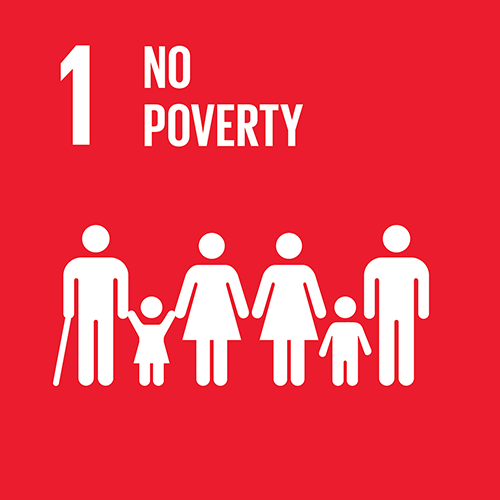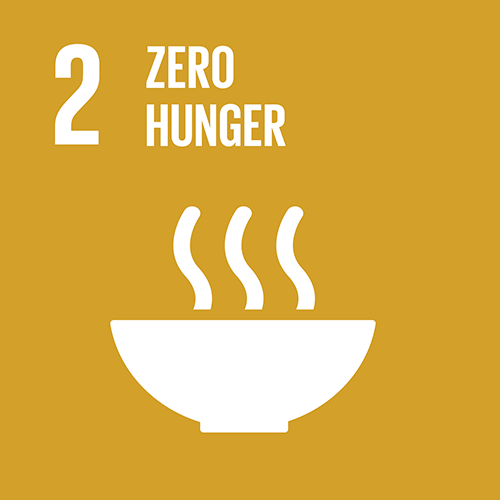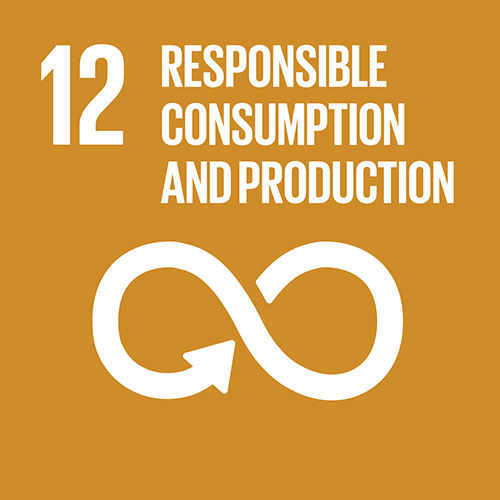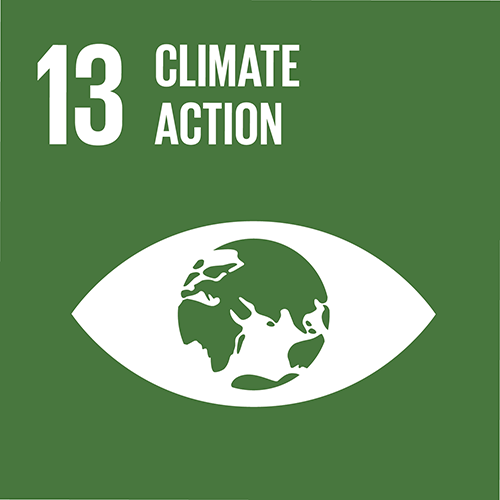Biogas for rural Households in India
Project type: Biogas
Project location: Rural areas, India
Project status: In operation, credits available
Annual emission reduction of the whole project: 58,259 t
The overall objective of this climate protection programme is the installation of domestic biodigesters as a clean, sustainable energy source throughout India. The biogas generated from cow dung replaces fuels that are currently used for domestic energy needs such as firewood or kerosene.
The first installations take place in Gulbarga, Yadgir and Bidar District in Karnataka State. The project encompasses to install biodigesters in 9,590 households. The biogas installations are fed with animal dung and kitchen wastewater. The generated gas is used for cooking. In addition, the slurry of the remaining manure serves as high quality fertiliser replacing chemical products. Traditionally, domestic energy needs for cooking in the project area are met with firewood and kerosene. The inefficient cook stoves that people traditionally use have a thermal efficiency of only eight to ten percent. Low family incomes make it impossible for local people to substitute this traditional fuel. This led already to a degradation of the forest cover in the districts.
Moreover, domestic biogas installations have positive sustainable development effects such as alleviating the workload for women and children and easing health problems caused by indoor pollution. The biogas unit will be of either two or three cubic metre capacity depending on the number and type of cattle owned by the household and the number of people in the household.
My father was a small farmer. He advised me to do something to help the rural people.
The programme results in greenhouse gas (GHG) emission savings in the following ways: The biogas displaces GHG emissions from kerosene and fuel wood that used to be used for cooking. The biogas produced from cattle manure is a renewable source of energy. The biogas displaces GHG emissions from cattle manure that is currently dumped in pits near the household. The cattle manure is dumped along with other waste such as straw from the cow shed, some kitchen waste, crop residues and other organic matter and liquids in the pit. This organic waste is never dry and does not get mixed therefore animal waste is decaying anaerobically and emitting methane.
It's my dream to become an agricultural officer so that I can work with the farmers and help them switch to organic farming.
What exactly are the CO₂ funds used for?
The CO2 funds have a direct impact on the continuous use of the biodigester by the families, as the annual monitoring and training activities as well as the repair of the plants by by SKG Sangha are carried out with these funds, which are paid each time carbon credits are issued.
As mentioned in the programme design document (PDD), biogas units are sold at subsidised prices to make them affordable for rural households. The carbon funds are essential to maintain an affordable sales price for rural households and eventually expand the programme to more rural villages. All external funding will come from CO2 funds, other external funding is not available. Therefore, the programme would not have been implemented in the absence of these funds.
myclimate has invested in each of the biodigester unit installed in this project since the beginning, and disburse a payment to our local partner per each credit issued and certified. Therefore, the positive outcomes which means the continuous and proper use of the biodigester, their repair, the training activities about their use and maintenance would not continue to happen without the CO2 funds.
Project partners and implementers
SKG Sangha, local partner of myclimate, coordinates the programme throughout India installing the systems with the help of people from the households. SKG Sangha is a very experienced Indian non-governmental organisation working already over 30 years in this field of activity.
Monitoring, reporting and verification (MRV)
The project has had double certification under the Clean Development Mechanism and the Gold Standard until 2020. Since 2021, it is registered only under the Gold Standard. Gold Standard climate protection projects are monitored on an ongoing basis, meaning that the biogas plants are checked to ensure they are fully functional and in use. The associated monitoring report is verified by an independent auditor and submitted to the Gold Standard as a verification report. You can find more information under ‘Documentation’. The strict monitoring procedures, training and local support help to maintain high quality standards throughout the project, ensuring that the biogas plants are used and early action can be taken if repairs or additional training are required. This ensures that the project is successful in the long term and that the emissions reductions generated by the project are correct.
This project contributes to 10 SDGs*
*as at the end of 2024. Find out how myclimate reports these SDGs in our FAQ.
The following SDGs are verified by the Gold Standard:
The use of slurry (organic fertiliser produced by the farmers themselves) helps to prevent small farmers from becoming dependent on chemical fertilisers, thus improving their families’ financial situation.
To date, the biogas systems have produced 455,252 tonnes of organic fertiliser and thus reduced 10,179 tonnes of chemical fertiliser, thus contributing to sustainable agriculture.
61,000 persons have benefited from better air quality since the start of the project.
Because the time-consuming collection of firewood is no longer necessary, children have more time to go to school and do homework. This gives each family almost 2.6 hours of additional time per day.
Only women are entitled to buy and own a biogas plant. This helps to level out the balance of power in the family and to strengthen the position of the women.
9,857 biogas digesters have been installed since the start of the project.
87 permanent jobs have been created for the local population and more than 7,900 people have been trained in the use of biogas plants.
The recycling of organic waste contributes to sustainable waste management.
Each biogas biodigester avoids 5.9 t CO₂ and reduced wood consumption by 5.1 t per year.
To date, the programme has reduced wood consumption by 371,269 tons.
Situation without project
Using firewood and kerosene for cookingDocumentations
Project standard

Awards

Project number
7168





















